Hi everyone, it’s Brinley here, and I’m about to share with you a story that’s been close to my heart for as long as I can remember. This story is one that I am most excited to share, but a tad nervous all at the same time. Mainly because the people I’m writing about today are amazing, and I greatly admire them. I only hope to measure up to telling their story. Sit back and get comfortable. This one is going to take a while, but it is well worth the read. We are going to explore the roots of Rose Farms: who and when, the triumphs and the challenges, along with some funny stories. The story is full of tradition, a lot of hard work and resilience, and a love for God and family. I am thankful to be a part of the story. So here goes:
1st generation: (Herman Rose)
Let’s rewind the clock beginning with Herman Rose (aka “Papa” Rose) and wife Viola. Now, I don’t know much about him, but I do know he laid the foundation for what would become our family’s farming legacy which originally began in Giles County, Tennessee on what is called Hams Creek. Herman was born in 1893 and was farming in the early 1900’s with crops of corn and cotton. Herman and Viola managed to purchase several farms during the depression.
Their son, Walker Rose was born in 1923. Walker helped his dad on the farm along with his two brothers, Herman (H.C.) and Forrest. Walker was my great-grandfather, and his stories of growing up on the farm never failed to amaze me.
During winter of the mid-1930’s, Walker would walk to school early to light the wood stoves, ensuring warmth for arriving students. He earned a nickel per stove lit, totaling 45 cents for all 9 stoves each day. This was considered a well-paying job, as the average daily wage of that time was 50 cents per day! What is crazy to me was that Walker would use old corn cobbs soaked in coal oil to start the fires.
Another wild tale from Walker’s high school days involved him stepping in as the school bus driver. While his dad, the regular driver, was tied up with spring planting, Walker took the wheel, driving kids to and from school. He’d arrive with a bus full of children, park it, attend his own classes as a student, and return the children home at the end of the day. He remembered the old bus distinctly, with its wooden sides and canvas top. Eventually, his father upgraded to one of the earlier metal school buses.
Walker, tall, slim, and athletic, shared a memorable tale from his basketball days at Bodenham High School in Giles County. They made it all the way to the state playoffs and played in Murfreesboro, Tennessee. This was quite a remarkable feat, but lacking funds for uniforms, they had to borrow from Giles County High School since they had none. Their gym’s dirt floors contrasted sharply with opponents’ wood floors, leading to amusing mishaps during the playoffs. Walker recalled how they looked like a “bunch of monkeys,” as they would inadvertently bounce the ball clear over their heads, unaccustomed to the wood surface.
2nd generation: (Walker Rose)
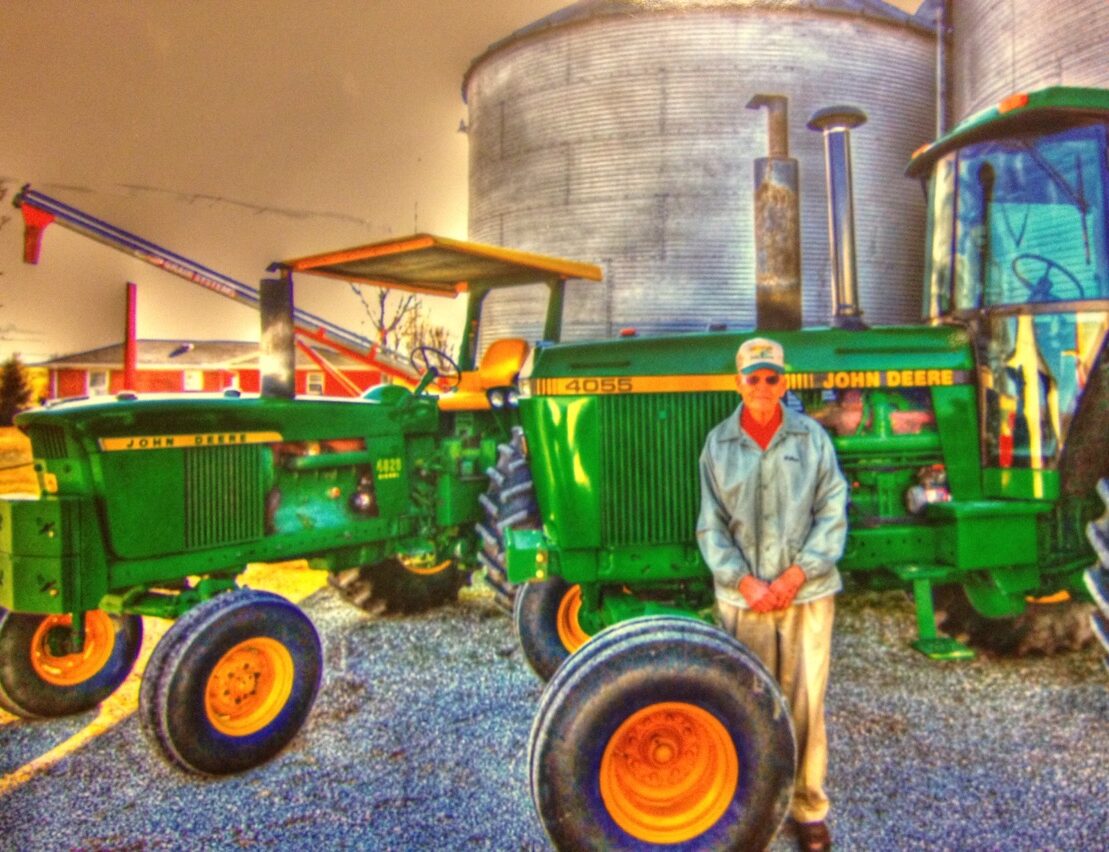
Walker Rose
Elizabeth: A Southern Beauty Captures Walker’s Heart
My great-grandfather Walker is certainly a hero in our family’s tale, but first it’s time to introduce you to one of my favorite characters in this story, my great-grandmother – Elizabeth. The tale of how Walker and Elizabeth met is one for the book. Picture a young Walker catching a glimpse of Elizabeth milking a cow at her family’s farmhouse – it was love at first sight! You see, Elizabeth was the definition of a southern lady, so you could understand she was quite embarrassed that day. She was always put together and looked her best. I remember my great-grandmother always dressed and ready with makeup and hair all in place. With her lipstick on, and matching purses and heels. It was the way it was done back then. Elizabeth exuded beauty and grace, and every word she spoke was filled with kindness and wisdom.
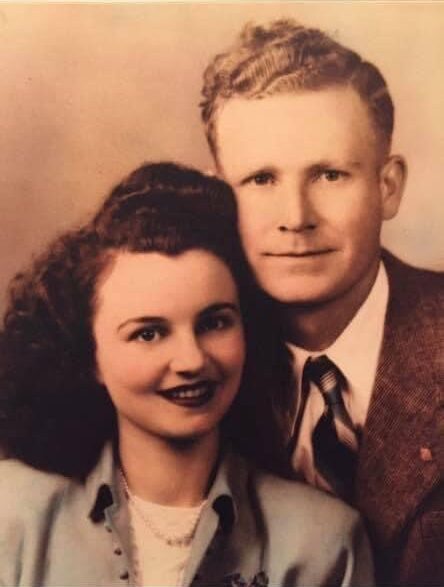
Walker & Elizabeth Rose
Born to Andrew and Minnie Lou Wilcoxson, Elizabeth was originally from Grassy, Alabama. However, the family relocated to Revilo, Tennessee, following the flooding caused by the Tennessee Valley Authority (TVA). There they opened a small store called The Wilcoxson Grocery, which, believe it or not, had a dirt floor at the time. Can you imagine?
After high school, Walker Rose enlisted in the US Army Air Corps in 1942. He served his country honorably as a Staff Sergeant during World War II. He was an aerial engineer, mechanic, and gunner on a B-24. He flew many missions in the North Pacific region during World War II. He wrote about each mission as seen in pictures below. He kept a photo of Elizabeth in his pocket the entire time and would write to her back home. He would tell us of close calls that would happen while in the war.
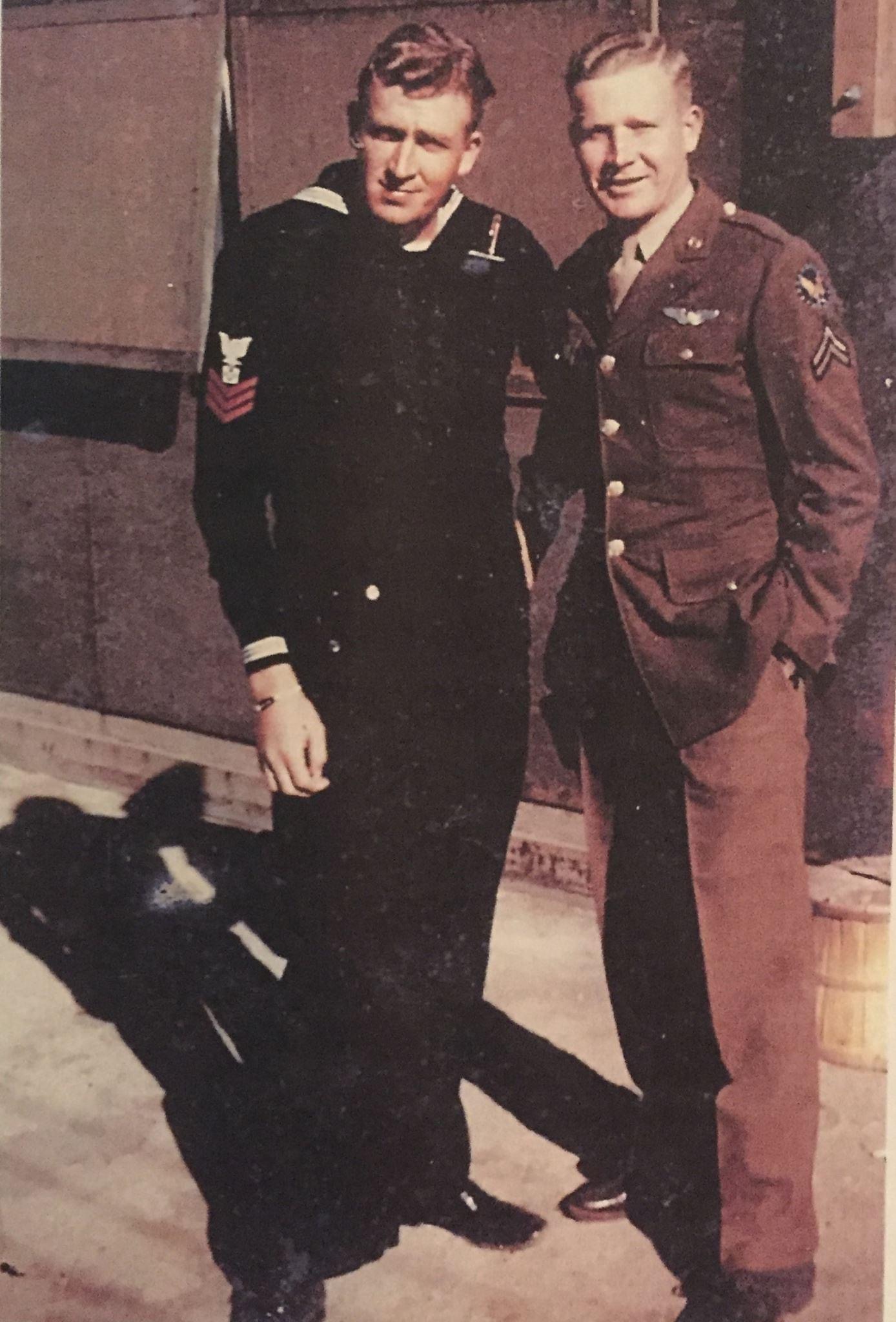
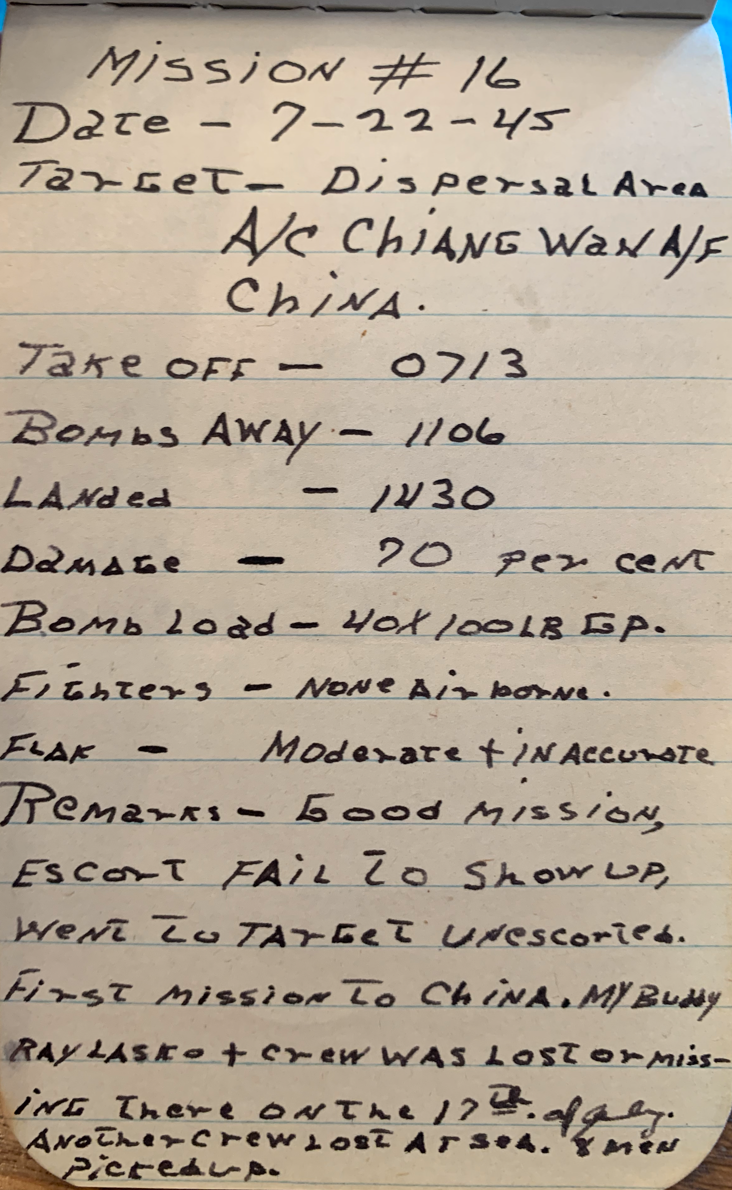
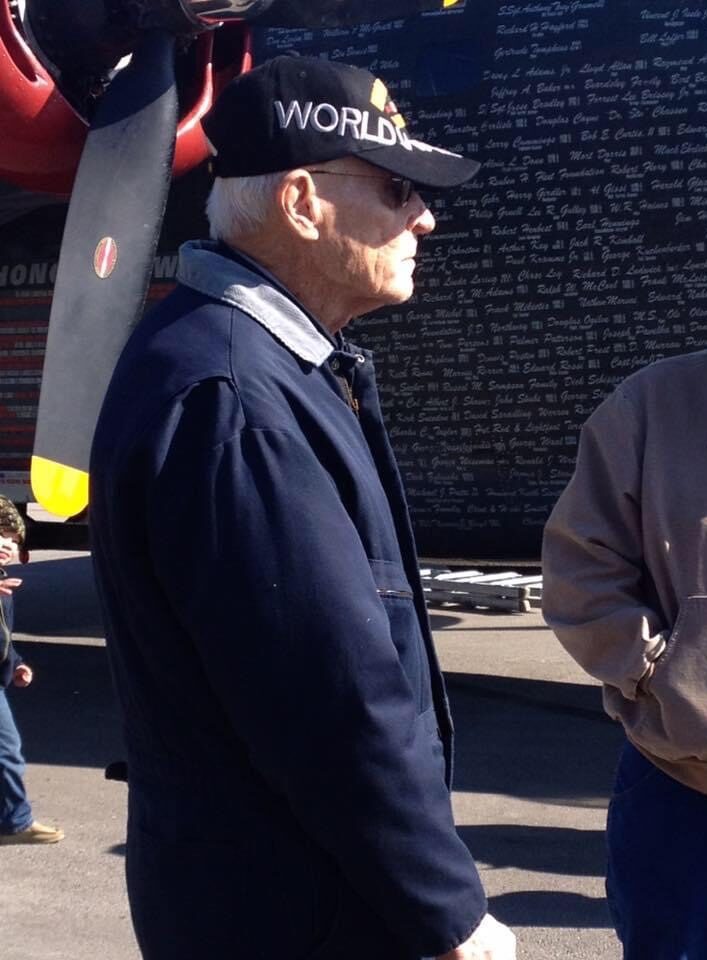
Post-War Homecoming and Family Beginnings:
After completing his tour of duty in World War II, he came back to Giles County, Tennessee. He and Elizabeth married on March 16th, 1946, and started a family. Walker and Elizabeth had 3 children: Brenda, Duaine, and Sharon. Walker Rose worked five years in a shoe factory in Pulaski, Tennessee. Those five years he spent working at the factory weren’t the happiest, because you see Walker missed farming. He told us that on his way home from the shoe factory, he would pass a piece of land being plowed in the spring and that smell was like perfume to him. This finally called him back to the farm and he quit the shoe factory job in Pulaski.
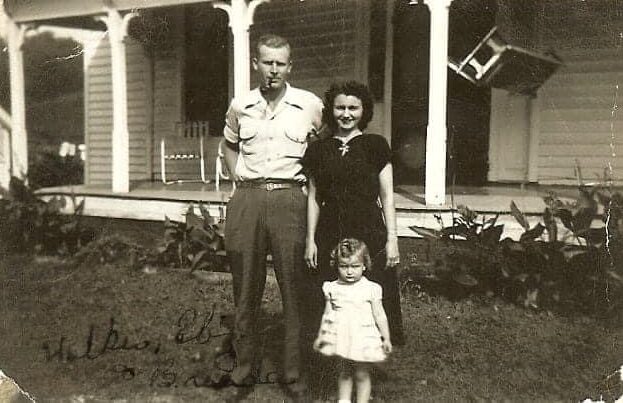
1952: The Establishment of Rose Farms
Walker worked alongside his dad in Giles County and acquired a 200-acre farm on the north end of Hams Creek. The farm was rocky, and he was constantly fighting the stumps, rocks, and persimmon bushes. This began the search for a smoother farm. He had been to Ethridge only once in his life. One day on his Sunday drive, Walker noticed a smoother farm for sale of 80 acres. Everyone thought Walker was crazy to sell 200 acres in Giles County to purchase a mere 80 acres in Ethridge! The farm purchase in Ethridge would require Walker to sell his 200 acres and borrow money. The new purchase included 80 acres, a 4-room block house, and a $10 pond. Yes, a $10 pond…. The previous owner had once called a man to dig a pond and the gentleman asked how much he charged. The man said $10 an hour… so he said dig me a $10 pond as it would be used to water the livestock. (The $10 pond is still on the farm as of today!) The deal was made, and the rest is history… Walker auctioned all his horse-drawn equipment, mules, and all livestock. He felt he no longer needed these things because he was moving to FLAT land! He kept one Ford Jubilee tractor and made the move to Lawrence County.
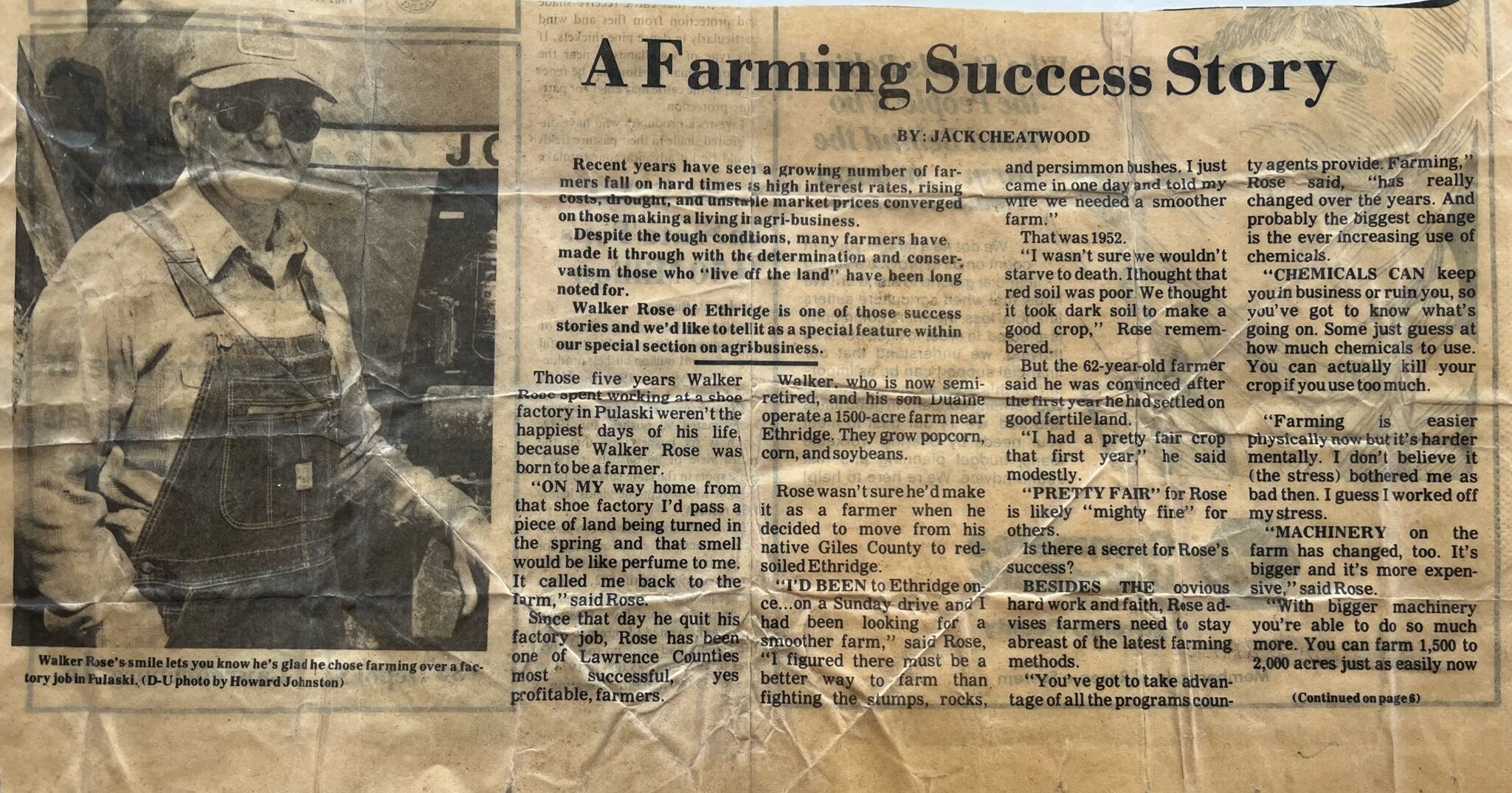
I remember my great-grandmother telling us the story of when they first moved to Ethridge. They lived and raised their family of five in a 4 room block home until they could save enough to build the brick home that is still there today. Their bond remained unshakable, anchored by a shared commitment to family and faith.
Walker and Elizabeth’s Journey Through Adversity:
Walker and Elizabeth were no strangers to hard times as they faced droughts, rising costs, and later in life the loss of their youngest daughter to a hard-fought battle of cancer. Despite the tough conditions, Walker and Elizabeth have quite the success story with many days filled with blessings. Walker always rejected the notion that farming was a gamble; instead, he believed it to be an act of faith. Walker eventually retired in the late 1980’s. His son Duaine continued to operate the farm that had grown to approximately 1500-acres where they were primarily growing corn, popcorn, and soybeans.
Thursday Bliss: Grandkids, Play, and Walker’s Afternoon Naps
One thing I remember as a child was going to their house every Thursday. It was the day for grandkids. We would play the day away on the farm while Elizabeth would cook a meal for us at lunch. The next thing that would happen would be naptime…not for the grandkids but for Walker! EVERY day, he would take a 30-minute nap after lunch. Yes, even during harvest and planting season. Everyone would wait until he got his nap in and then they could all go back to work! Perhaps he knew a major secret, as Walker lived a fulfilling life of 96 years.
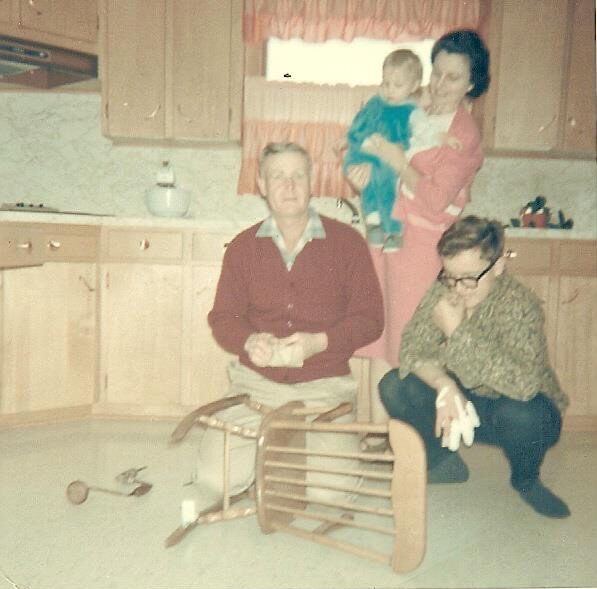
3rd generation: (Duaine Rose)
Duaine grew up on a farm with his father, Walker Rose. He attended Lawrence County High School and graduated in 1968. There are rumors that he and his friends formed a band… “The Midnight Soul Session.” (he doesn’t share many details on the band, but sometimes members of the band fill us in… apparently, he was the tambourine player and provided transportation for the band in a yellow Ford Fairlane GT).
Duaine would eventually meet a young lady in high school by the name of Mary Burge. She is the daughter of Milo and Aleta Burge. Mary was a “city girl” before her family moved to Lawrence County in 1964 as refugees from a hurricane that destroyed everything they owned in Louisiana. Duaine and Mary met in high school and “dated on a tractor” as he worked his parents’ land. After graduating high school, Duaine went to work at Murray Ohio Manufacturing. He and Mary wed in November of 1968. After being married for only one month, Duaine was laid off from Murray due to lack of work. He worked for other farmers that winter and drove to Giles County to help Bud Jones with seasonal farm work. Duaine later decided to work on his parents’ land and chose to farm as his livelihood. The family continued to lease land and share crop. For farmers, leasing land is an arrangement that gives landowners a share of crop proceeds as rent. Later, Duaine and Mary bought what was called the Hammond farm in Ethridge along with an older house originally built around 1920. Together, Duaine and Mary continued to farm and raise their two sons, James (Buddy) and Jon.
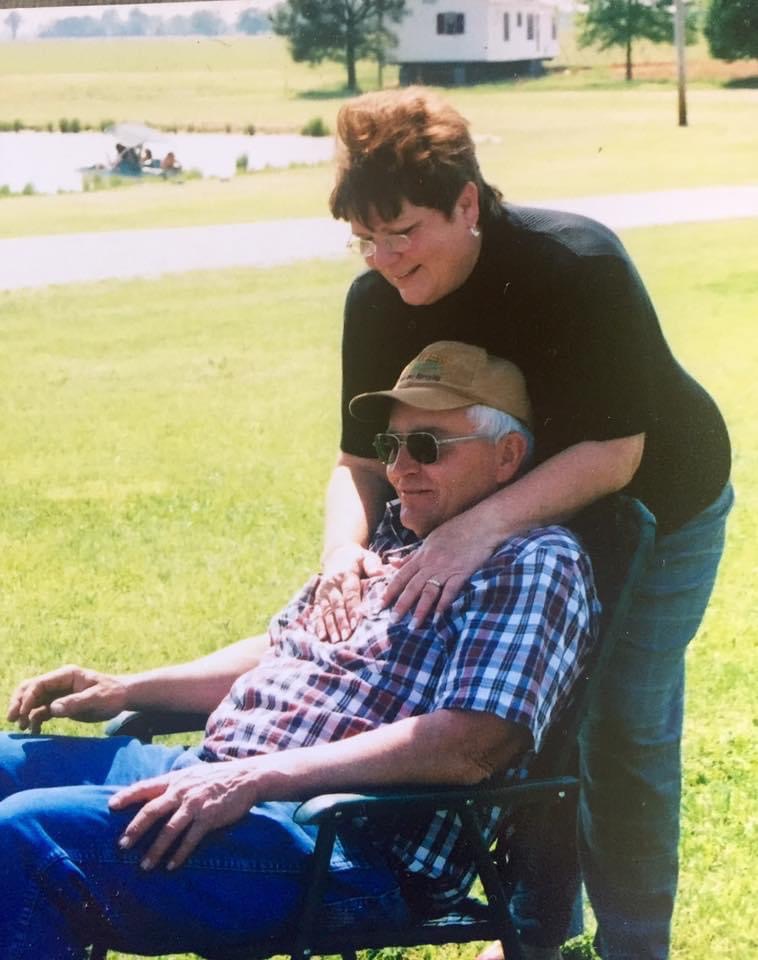
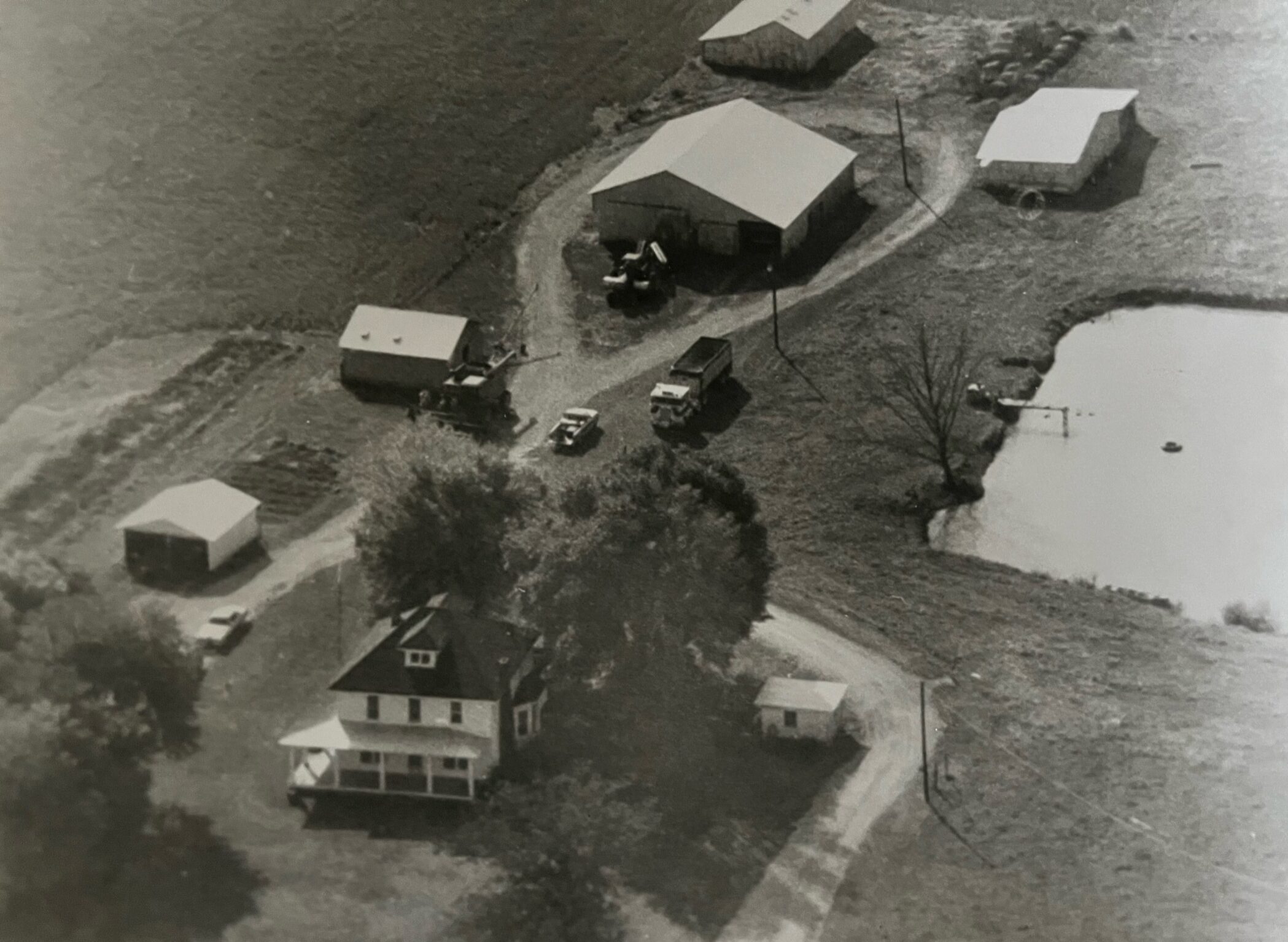
Mary & Duaine and Rose Farms newly purchased
As the farm grew, Mary was the bookkeeper and prepared daily warm meals for employees. By the early 2000s, the farm had grown to approximately 2500 acres for cotton, corn, wheat, and soybeans.
As the years passed, the reins of the farm were completely passed down to Duaine, who witnessed firsthand the evolution of farming practices and technology. Duaine has seen many changes over the years, many for the better. He tells us that the biggest change in agriculture he has seen would be in equipment. Remember, Duaine started farming with open tractors and the ones we have today are much more productive as technology has evolved. Duaine navigated the challenges of modern agriculture, adapting to changes while staying true to the principles instilled by his father. However, if the farm was going to make it back then, he had to be innovative, finding ways to be more diversified and productive. That is about the time Rose Farms started no-till farming (more on that topic later). Early in Duaine’s career, he was challenged with severe droughts along with extremely high interest rates, soaring to above 20% in the 1980s. He continued to diversify by custom farming to help offset the high interest rates to stay ahead of the curve.
Today, Duaine is semi-retired. Well, he is supposed to be, even though he still works on the farm almost every day! I have come to the realization that working on the farm is his hobby.
At Duaine’s retirement, he was farming approximately 5000 acres of corn, wheat, soybeans, and canola.
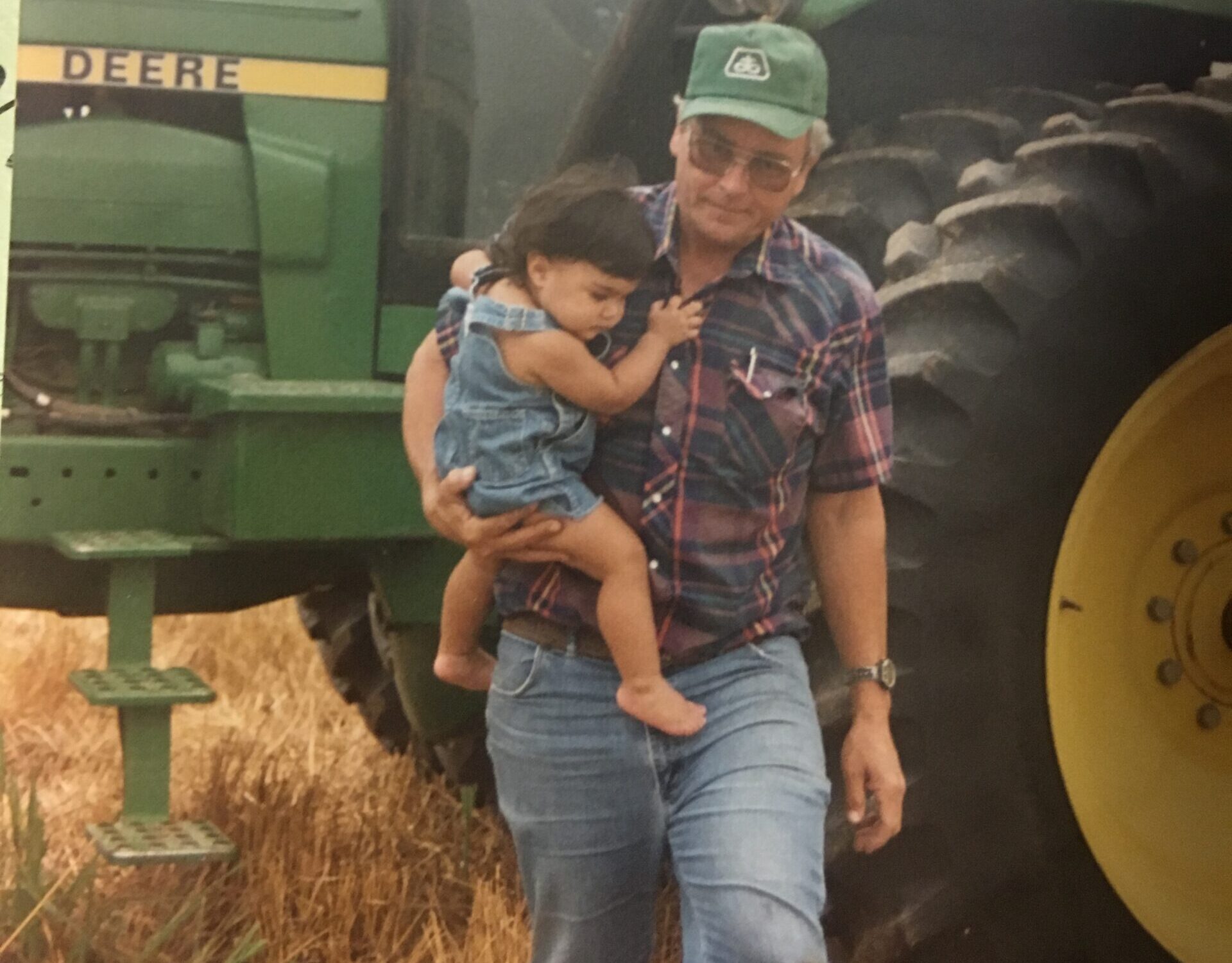
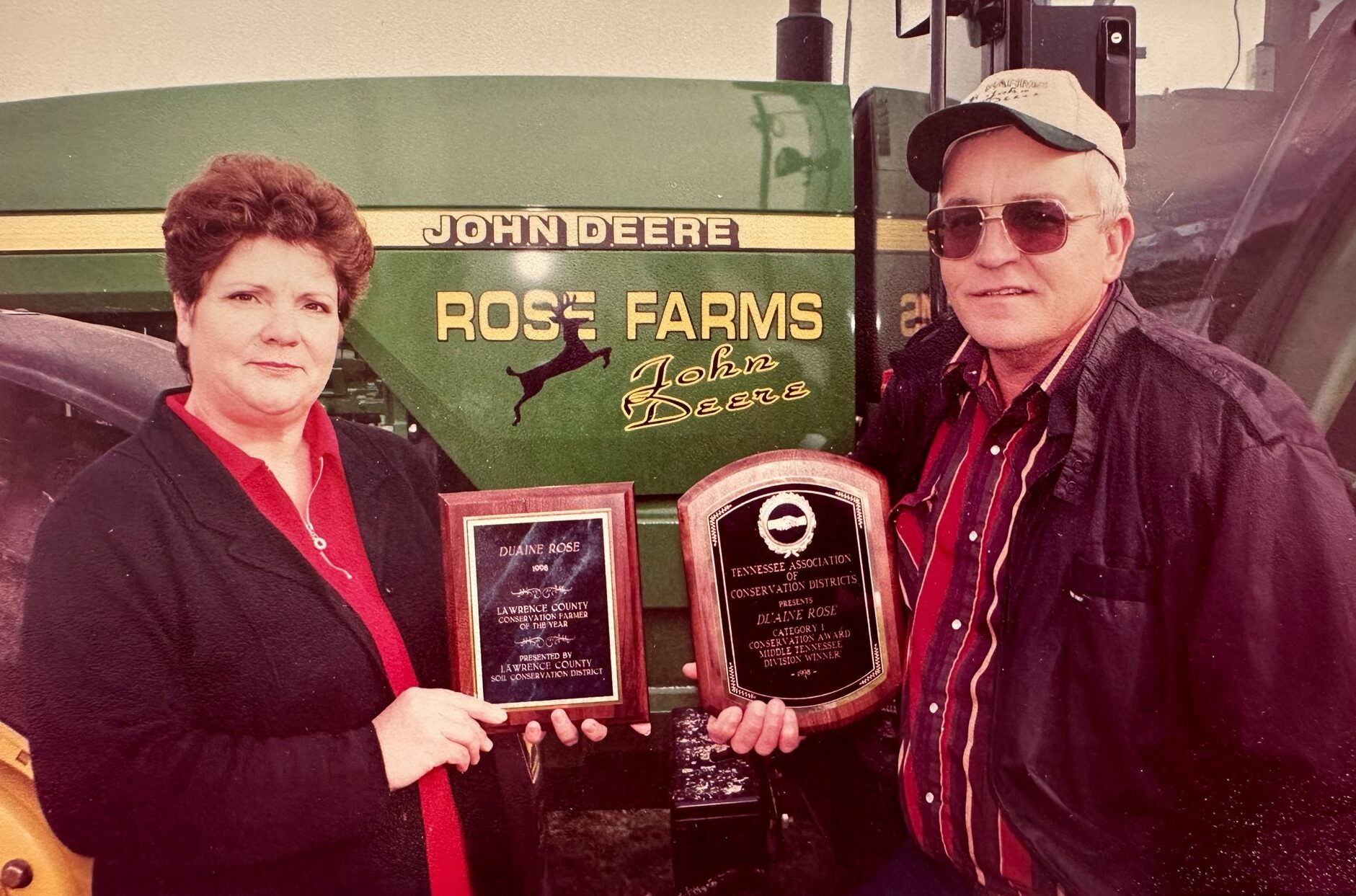
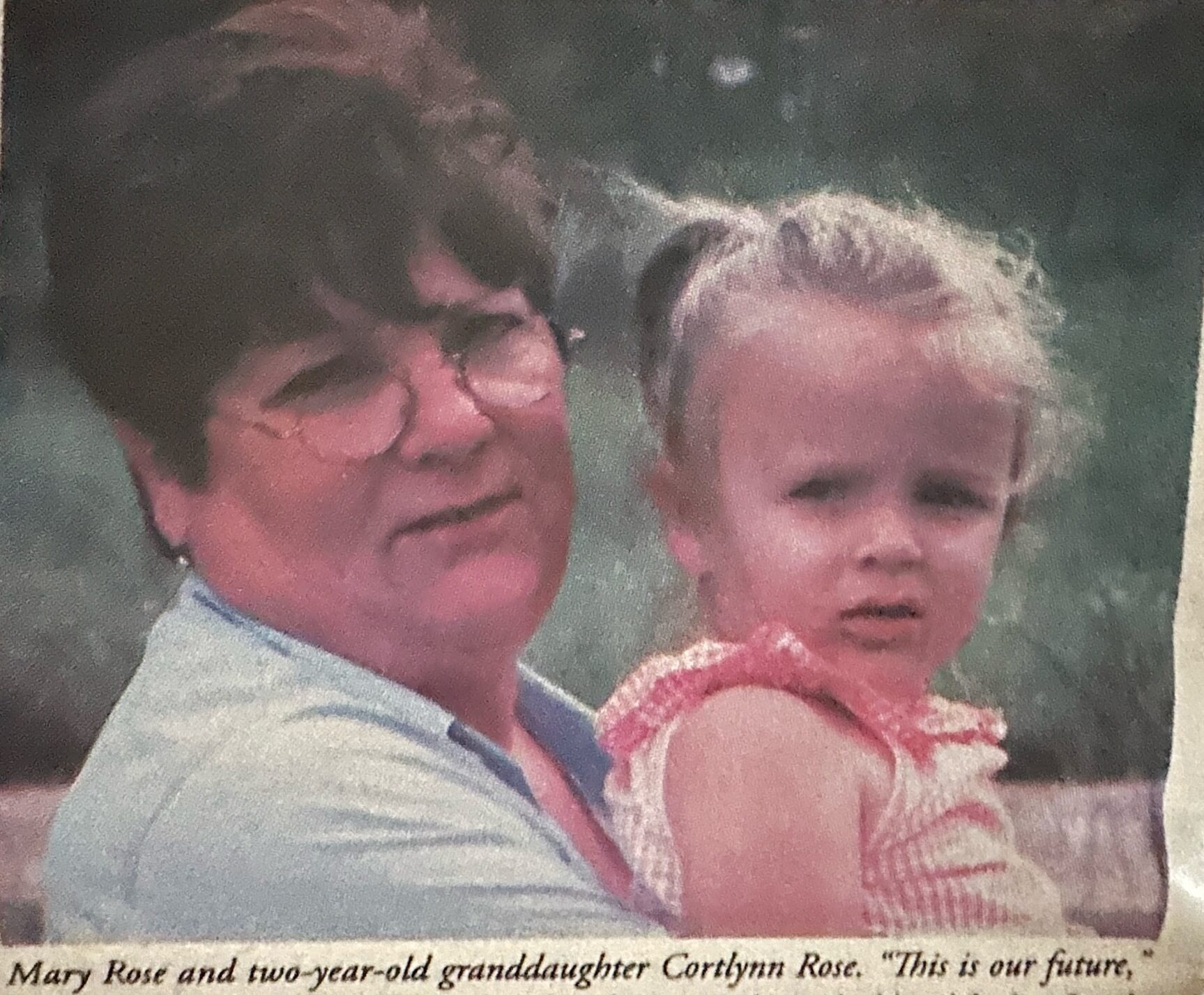
4th generation: James (Buddy) and Jon Rose
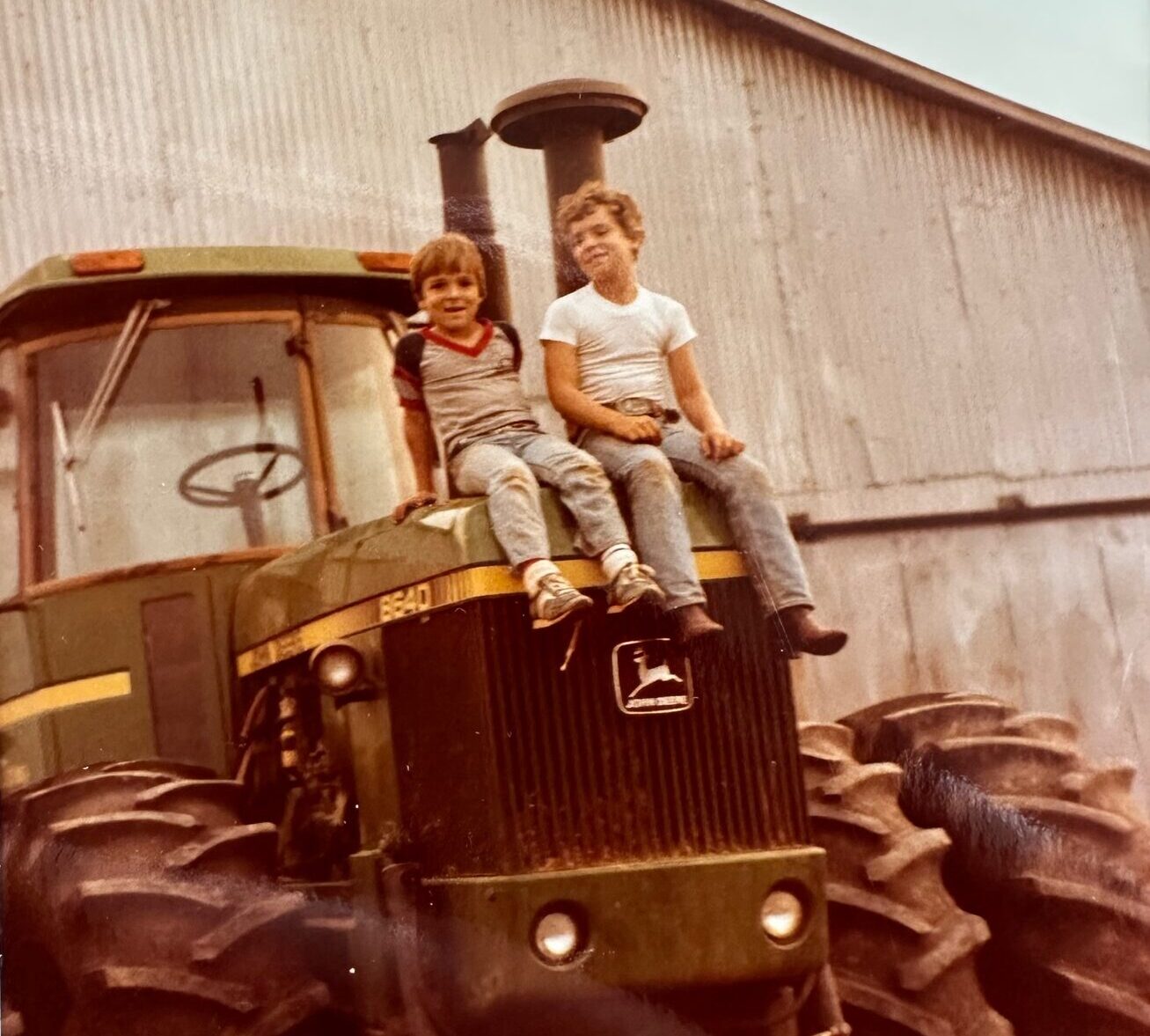
The farming legacy lives on in the Rose’s family through their two sons. Both sons have farms and careers in agriculture. One son, James (Buddy) Rose and wife Terri have two daughters (McKenna and Callie). Buddy currently resides with his family in Pulaski, Tennessee where he farms.
Their other son, Jon Rose and wife Amelia have 3 daughters (Breanna, Brinley, and Cortlynn). Jon is currently the CEO and operator of Rose Farms in Ethridge. His wife, Amelia, worked as an elementary teacher at the school in Ethridge for several years and is now the office administrator at the farm. As stories tell, Jon was a real help around the family farm as a young child. At about age six, Jon would get off the school bus and headed straight to the tractor. At the time, he could reach the wheel, but still had to stand up to clutch and brake. At the age of 18, Jon rented his first tract of land and started to add more cropland acres to his farming operation. There were certain challenges through the years with crop commodity prices at all-time lows, so Jon looked to diversify his acres and found some unique niches. He started commercial spraying, custom dirt-work, and a cattle operation. He even cut out Lawrence County’s first ever 10-acre corn maze with GPS equipment.
Today, Jon continues to expand the operation; Rose Farms has approximately 12,000 acres of row crops in Lawrence and Hardin Counties of Tennessee.
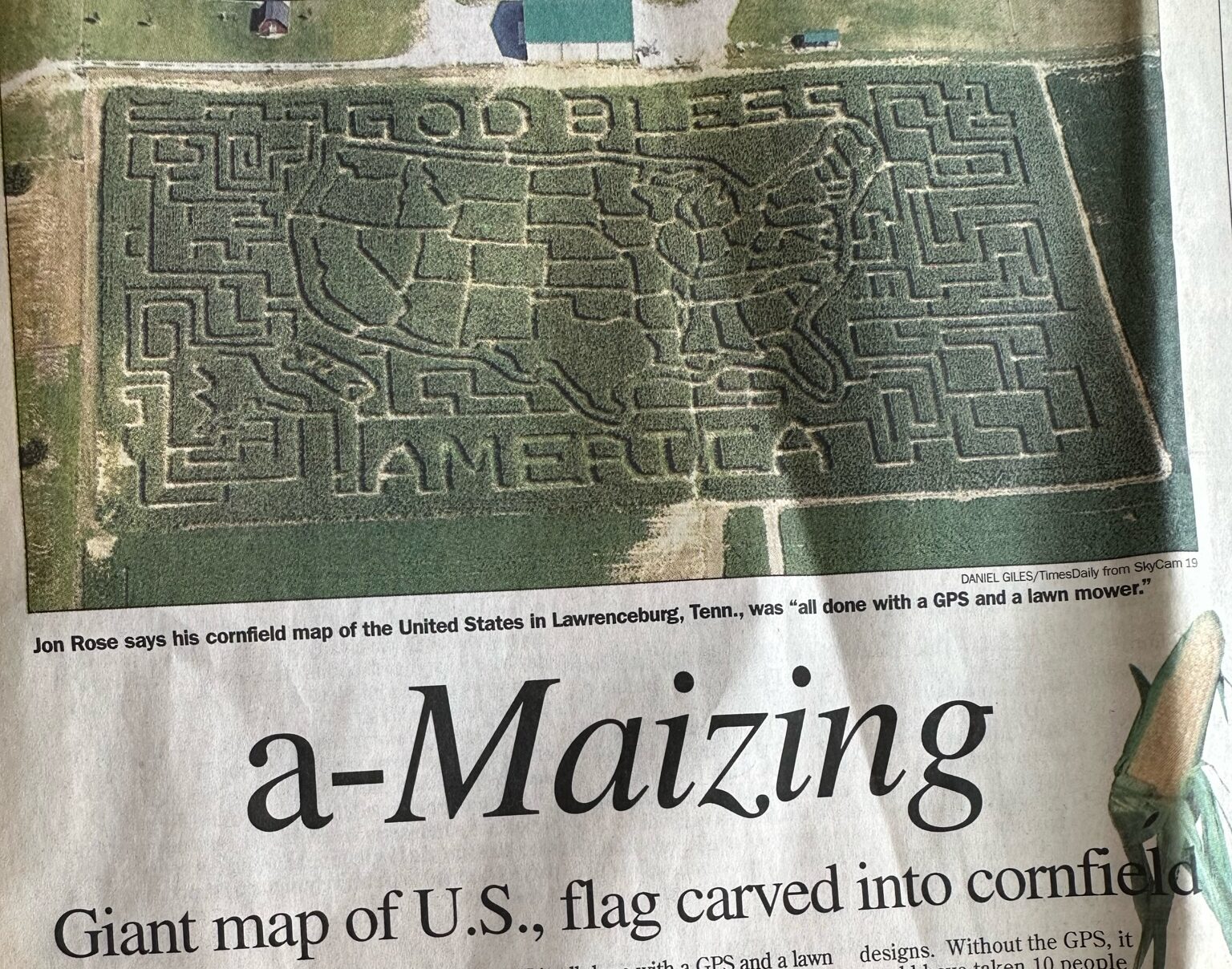
5th generation & 6th generation:
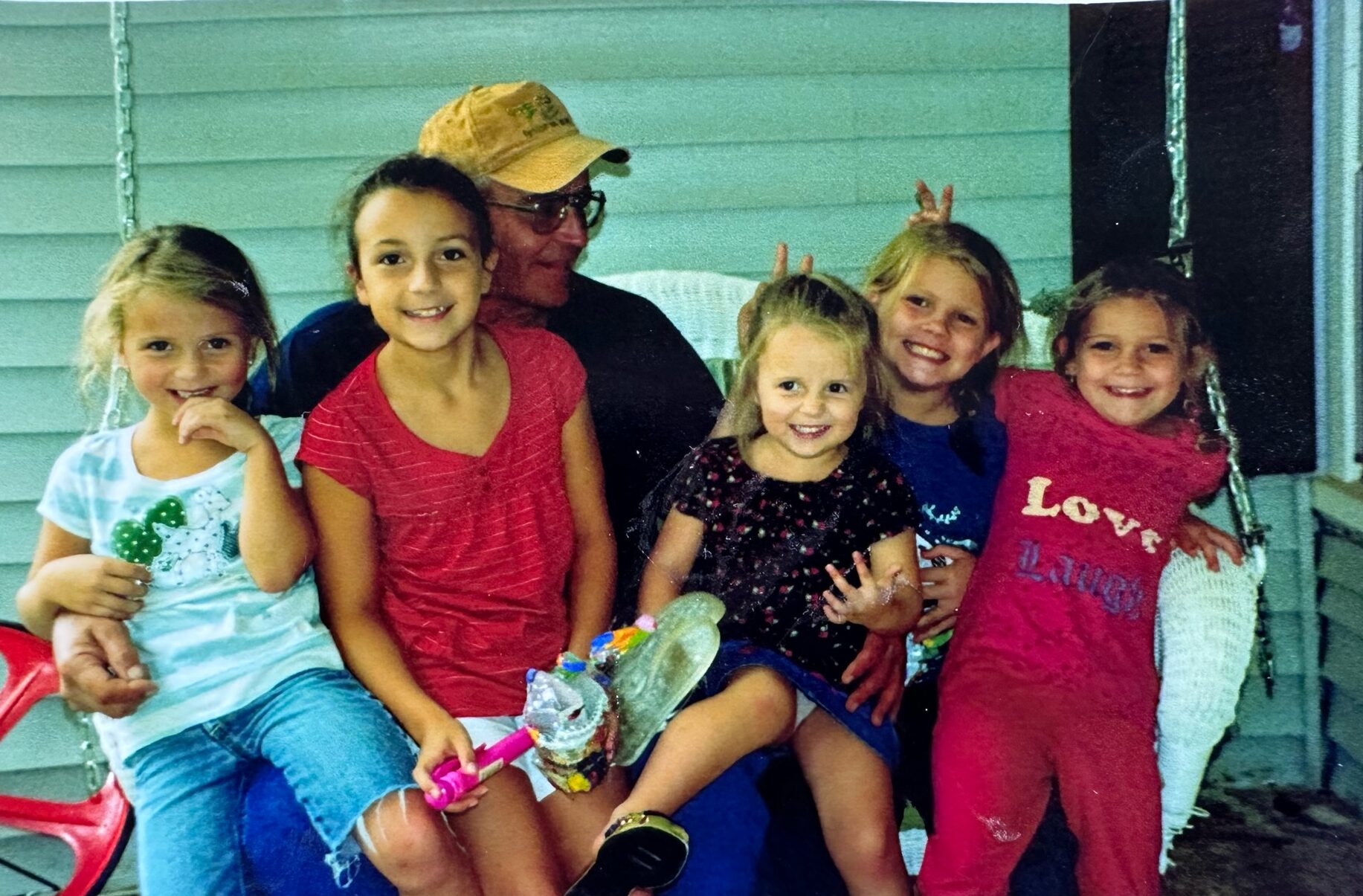
The Rose Farms legacy has more to tell as the years unfold. With Jon and Buddy having all girls, many question what will happen to the farm in the long-term. With the grace of God, it is certain the future of the farm will carry on by our family.
My sister, Breanna Rose Rochelle, recently married Kallen Rochelle and they have one daughter, Jovi. Kallen began working at Rose Farms when he was in the 8th grade. Think of “Farmer’s Daughter” by Rodney Atkins when you think of Kallen and Breanna. In 2019, Kallen graduated from the University of Tennessee of Martin with a degree in Agricultural Business. Today, Kallen continues to work and expand the farm.
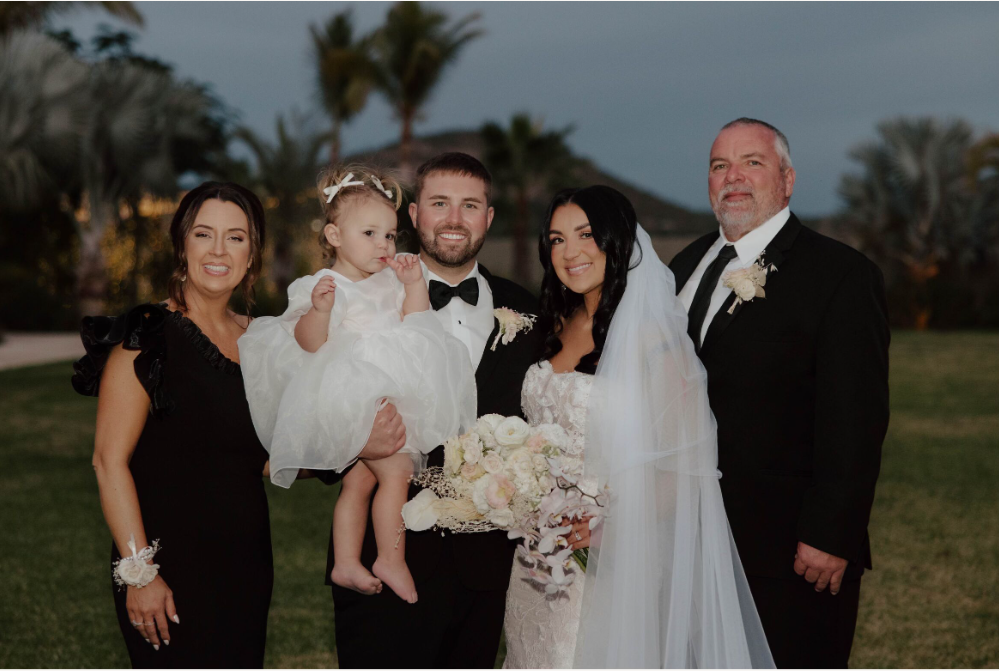
Amelia, Jovi, Kallen, Breanna, and Jon
As for me and my sisters and cousins, we are all finishing college and starting careers. My grandmother always said there is a season for everything, so this is our current season. As much as I love the farm, I’ve also had the chance to experience life beyond the fields. College days in big cities like Knoxville and Nashville have shown me a different side of the world. No matter where I go, there’s always a part of me that longs for the simplicity and beauty of farm life. Sometimes when I am driving home from college, I can’t help but feel a sense of excitement. The closer I get to the farm, the more I can’t wait to roll down the window and breathe in that familiar scent of turned soil. Its smell is comforting and invigorating, a reminder of the rich history and bright future of the family farm.
And so, as I sit here reflecting on the journey of the Rose family farm, I can’t help but feel grateful to be part of such an incredible story. It’s a tale rooted in tradition, hard work, and above all, love – for God, for family, and for the land. And I wouldn’t have it any other way. Thanks for joining me on this journey!
“A good name is to be chosen rather than great riches, and favor is better than silver or gold.” -Proverbs 22:1
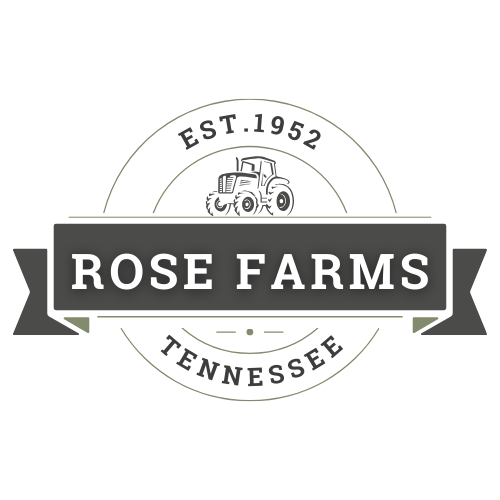
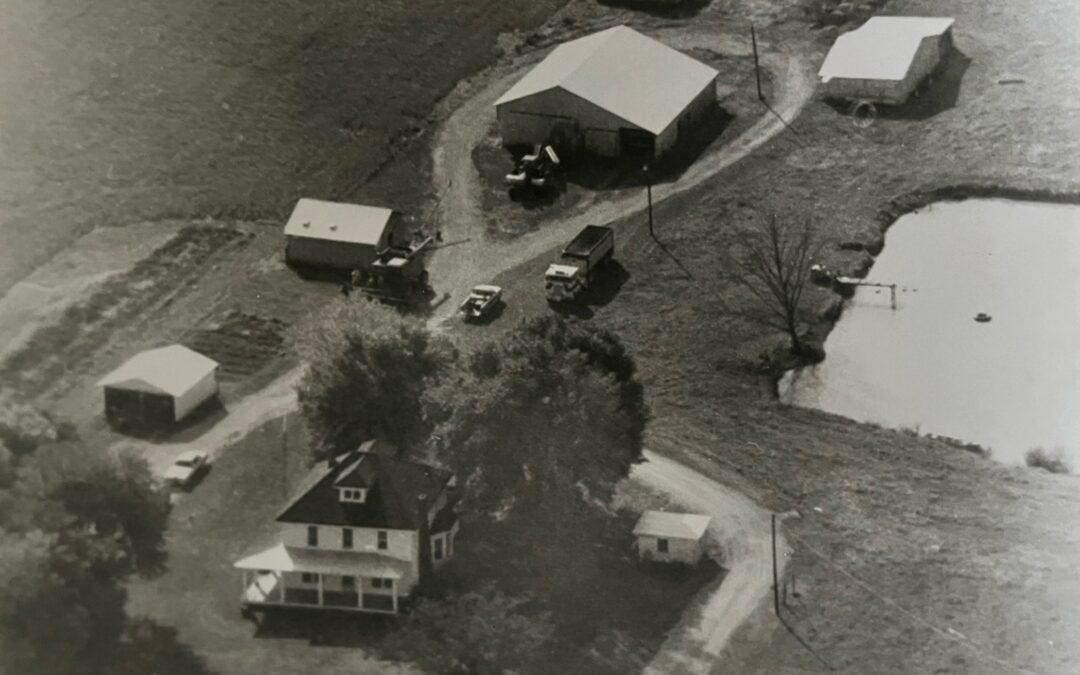
I remember Mr Walker and Miss Elizabeth. Most wonderful people. My best friend was dating Sharon while I was in college. On Sunday nights my friend and I would stop by the Roses and Miss Elizabeth always had something to eat. Best strawberry pie ever!!
Good job Brinley !!
You should come see me sometime.
Barbara 👩🦳💜
Love reading about Rose Farms, we live in Green Hill, AL. just south of Ethridge, we go riding around L’Burg and Ethridge several times each year, of course, my wife tells me, I’ve just got to ride by Rose, and Threet Farms!!
Love this and wish all of you success. Family love to you all.